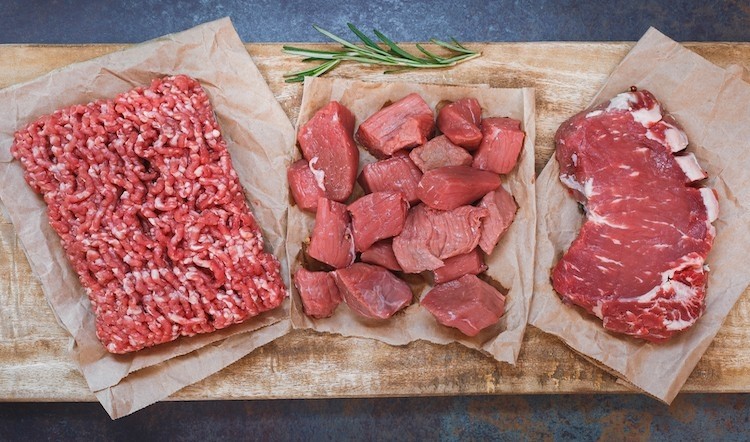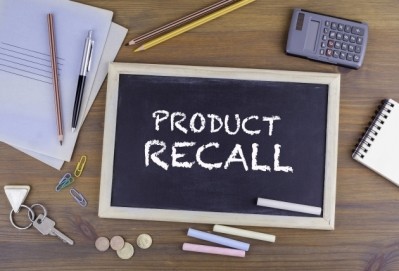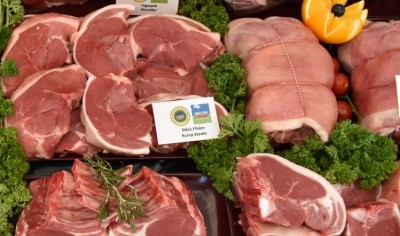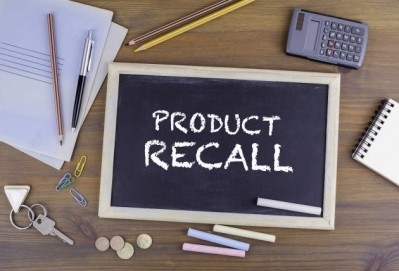Food safety alert issued for meat sold on Facebook

The products in question were not compliant with food hygiene, safety, labelling and traceability requirements and were therefore deemed unsafe and should not be consumed, the FSA reported. The meat mainly consisted of lamb, goat, veal and beef.
The agency has asked enforcement authorities to contact premises in their local areas which might have received the affected products to ensure that they are withdrawn from the market and recalled from consumers.
Product details
All meat products supplied prior to 15 January 2021 via the following Facebook sites: | |
|---|---|
Use by | All dates |
Batch description | Ushqime Organike, Bio UK; Ushqime BIO UK; Ushqime BIO; Wiltshire Farm Products |
Selverani Elahi, executive director of the Food Authenticity Network, said: “Obviously the sale of food from unregistered food businesses is a concern from both a food safety and food authenticity perspective. Anyone selling meat or other foodstuffs needs to be compliant with all the appropriate guidelines and UK law, otherwise the potential risks to public health can be significant. The FSA has set out very helpful information, which we would encourage anybody setting up a business selling food or changing their distance-selling protocols to check.”
Jackie Healing, director, consulting and technical services at NSF International said she believed the incident was not indicative of widespread practices. However, she warned some businesses seeking to switch from foodservice to direct-to-consumer sales might fall foul of the law unintentionally if they were not careful.
"Lots of companies have set up take away and home delivery as their businesses are affected by the lockdowns and certainly its unlikely that all of them will have had the time to get EHO [Environmental Health Officer] visits/ sign offs or even have the HACCP [Hazard Analysis and Critical Control Points] updated to reflect this new service.
Pubs
"We have seen pubs for example home deliver with no real objective checks on holding times or delivery temperatures but that doesn’t necessarily make the food they are selling unsafe but may make them non compliant.
"When people pivot quickly to try to take advantage of an opportunity or indeed survive as a business there isn’t always time to do all the procedures, some will inevitably get things wrong and a very few might indeed exploit a situation but I don’t think it is widespread."
A Food Standards Agency spokesperson said: “It’s a key priority for us to make sure that all those involved in online marketplace selling meet their responsibilities to ensure that food is safe and what it says it is.
Register as a food business
“Anyone wishing to sell food online on a regular basis must register as a food business with their local authority or obtain local authority or FSA approval if their activities require it.
“Where sellers do not follow the rules, we will work with local authorities to take action as we have done in this instance.”
The FSA encourages all consumers to check a business is registered and that they have a food hygiene rating of 3 of above before purchasing. This can be checked on its website.
Wholesale food businesses supplying food of animal origin require approval by the competent authority to operate. More information on approvals is available from the FSA.
Food authenticity
Food Authenticity Vulnerability in the Pandemic - an article written last year by Sterling Crew, chair of the Food Authenticity Network, which was published on the Institute of Food Science & Technology's online resource hub - expresses concern about online vendors.
In the article, Crew highlights eight types of food fraud, including illegal processing - slaughtering or preparing meat and related products in unapproved premises or using unauthorised techniques.
"Online food sales from social media platforms also represent an area of vulnerability," he writes. "It is not always clear if the food being sold is from a legitimate, registered source. The platforms have created an opportunity for fraudsters to tap into food shortages generated by the pandemic and operate in an online 'unregulated' environment.
"There is little food regulatory oversight as already limited local authority resources are stretched and taken up with combating the public health crisis."
Take a look at our product recall roundup for December.















